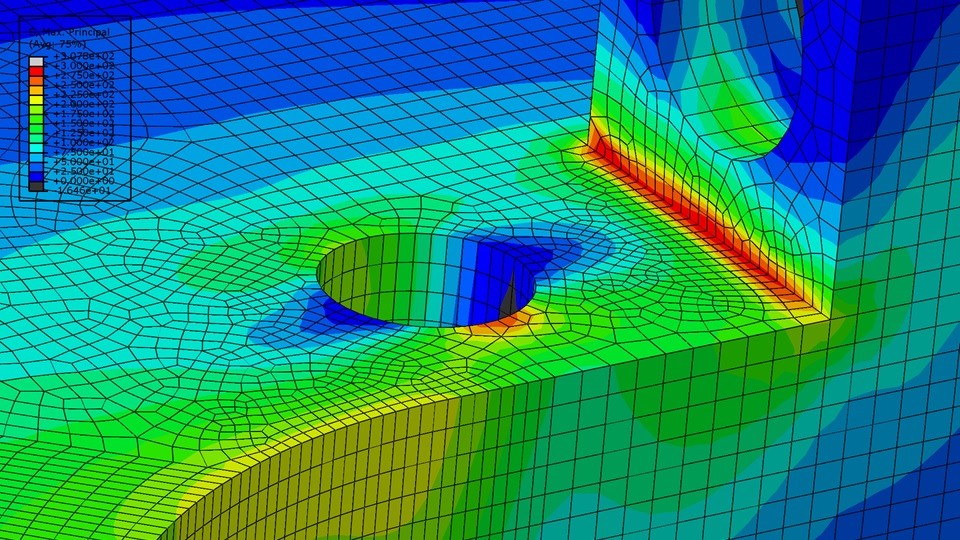Cement and Concrete Elemental Quality Testing
The analysis of elemental composition in cement and concrete is a critical aspect of ensuring quality, compliance, and performance in construction materials. This testing service involves the identification and quantification of various elements present within cement or concrete samples to ensure they meet specified standards for quality assurance.
Our service covers a wide range of elements including calcium (Ca), silicon (Si), aluminum (Al), iron (Fe), sodium (Na), potassium (K), magnesium (Mg), and others, depending on the specific requirements. These tests are essential in construction and engineering industries to guarantee product quality, compliance with international standards such as ISO 9001:2015, ASTM C150-17a for cement, and EN 197 series for concrete.
Our team of experts uses advanced analytical instrumentation like Inductively Coupled Plasma Mass Spectrometry (ICP-MS) to provide precise elemental analysis. The process begins with the preparation of the sample, which involves grinding, sieving, and dissolving the material in a suitable solvent. This ensures that all elements are uniformly dispersed for accurate measurement.
The testing process is designed to identify impurities and trace elements that can affect the performance and longevity of cement and concrete products. Understanding these components helps in optimizing the formulation of new mixtures or in diagnosing issues with existing batches. Our service not only ensures compliance with industry standards but also provides valuable insights into material quality.
For instance, excess levels of certain elements can lead to reduced strength, increased permeability, or even corrosion. By conducting these tests regularly, we help our clients maintain high-quality products and avoid potential issues that could arise from non-compliance with specified limits.
The results are presented in a comprehensive report detailing the elemental composition along with any deviations from acceptable ranges. This information is invaluable for quality managers, compliance officers, R&D engineers, and procurement teams who rely on accurate data to make informed decisions about their materials.
Benefits
- Ensures Quality Compliance: Our testing service guarantees that cement and concrete products meet industry standards, ensuring reliability in construction.
- Enhances Product Performance: By identifying impurities early on, we help improve the overall performance of construction materials.
- Supports Regulatory Compliance: Our reports are fully compliant with international standards like ISO and ASTM, providing peace of mind for regulatory compliance officers.
- Informed Decision-Making: Accurate elemental analysis helps in making informed decisions regarding formulation adjustments or quality control measures.
Why Choose This Test
The importance of cement and concrete elemental quality testing cannot be overstated. In construction projects, materials that do not meet the required standards can lead to structural failures or premature degradation. By choosing our service, you ensure that your products are up-to-standard and ready for use in critical applications.
Our team of experts uses cutting-edge technology and methodologies to provide precise results. This ensures that you receive reliable data which is crucial for maintaining the integrity of construction projects. Whether it's for new product development or regular quality control, our service offers a robust solution tailored to your specific needs.
We understand that selecting the right testing partner can significantly impact project outcomes. Our commitment to excellence and precision in all our services makes us the ideal choice for anyone looking to ensure top-notch quality in their cement and concrete products.
Quality and Reliability Assurance
- ISO/IEC 17025: Our laboratory is fully accredited according to ISO/IEC 17025:2017, ensuring the highest level of quality in our testing processes.
- ASTM C150-17a: Compliance with this standard ensures that cement samples are tested accurately and consistently.
- EN 197 Series: Our concrete elemental analysis is aligned with these European standards, ensuring compatibility with international practices.
We have a robust quality management system in place to maintain the highest levels of accuracy and reliability. This includes strict adherence to standard operating procedures (SOPs), regular calibration checks, and rigorous internal audits. Our commitment to excellence is reflected not only in our technical capabilities but also in our unwavering focus on meeting customer expectations.





